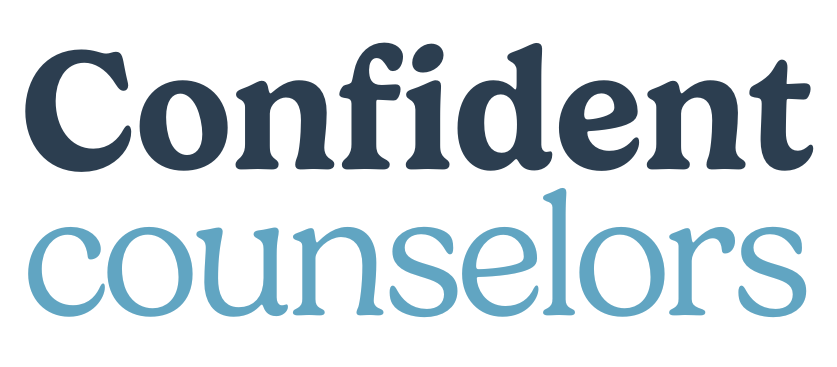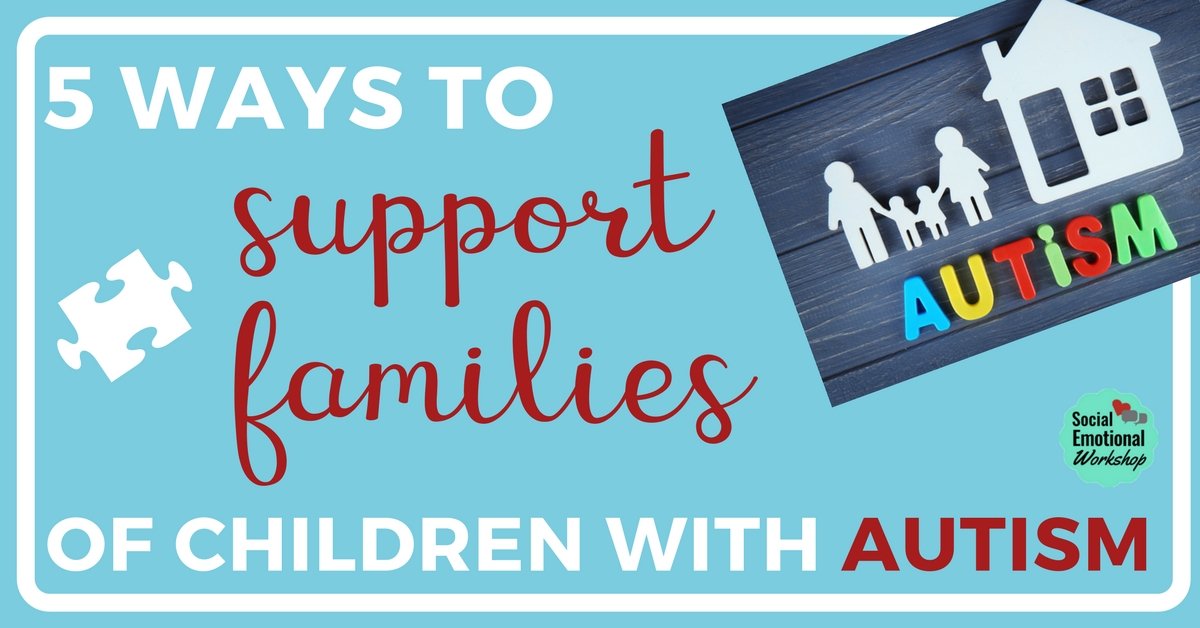Finding ways to more effectively support families of students with autism was one of the biggest sources of growth for me as a professional. I watched everyday as parents worked to access needed services, fought against limitations other people imposed on their children, and simply tried to be a good parent to their child. Over time, I found these five ways to be simple and effective strategies to support families of students with autism.
To Support, We Must Understand
I was the site director for a summer camp for students with autism for three years. My first summer, a new coworker presented about how to support families of students with autism at the first training session. She read “Welcome to Holland” by Emily Perl Kingsley. It is a poem that beautifully describes the experience a parent has coming to terms with their child’s disability. My coworker’s son was going to be attending our camp. This was her experience and the experience of our parents. I was in tears and we hadn’t even started yet.
Use “Welcome to Holland” with staff to help them explain the experience of parents whose children have special needs.
When you work with families, take the time to understand their unique experience. Understand that every parent conference, doctor’s appointment, or birthday party is another possible confirmation that their child’s life is not going like they had planned. The emotional drain is immense. Every parent is at a different stage, feels contradictory emotions, and needs a variation of your support. Take the time to talk to them. Many people in their lives may avoid understanding or asking questions because it is uncomfortable.
Parent and Sibling Care
 Often in schools, our support naturally gets focused on the child. An often missed component is providing that support to the families, as well. This means not only the parents, but also siblings. These families have a higher rate of divorce, report greater fatigue and stress, have increased financial burdens, and are suddenly advocates and case managers for their children. Siblings may fill caretaker roles, fight, be embarrassed, or experience bullying.
Often in schools, our support naturally gets focused on the child. An often missed component is providing that support to the families, as well. This means not only the parents, but also siblings. These families have a higher rate of divorce, report greater fatigue and stress, have increased financial burdens, and are suddenly advocates and case managers for their children. Siblings may fill caretaker roles, fight, be embarrassed, or experience bullying.
 Consider parent workshops that focus on self-care and ways the family can work together. Does your school have a special education parent advisory group? There are many states with a requirement for these groups. Often you can reach out to parents in that group to make connections with struggling parents or parents of newly diagnosed children.
Consider parent workshops that focus on self-care and ways the family can work together. Does your school have a special education parent advisory group? There are many states with a requirement for these groups. Often you can reach out to parents in that group to make connections with struggling parents or parents of newly diagnosed children.
Always follow confidentiality rules for students with special needs.
Check out the Sibling Support Project. It is a national program for the brothers and sisters of people with special health, developmental, and mental health concerns.
- Sibling Support Project
- Autism in My Family: A Journal for Siblings of Children with ASD by Sandra Tucker
- Autism and the Family by Kate E. Fiske
Disclosure: Links to books via Amazon Affiliates.
Collaborate
Parents are experts on their children. When they begin to work with school staff, they likely will approach you as the experts. It is important to not underestimate their knowledge. They are your cheat sheet. Allow them to have a say in meeting agendas or behavior plans, create a Home School Log, and turn a student’s bad day into a brainstorm session.
Prior to meetings, work with the parent to develop an agenda. Make sure their questions and concerns are as prominent as the schools and certainly not the last question of the meeting.
Work collaboratively to fit supports to the family. There may be a wonderful program a student would benefit from, but if the parent has to take the other sibling to dance and money is tight that month, it’s not going to work. Talk over intervention fit with parents and make adjustments that work for their unique family.
Interventions are more successful when you consider a family’s unique schedules, finances, siblings, other adults, history, and parent skills.
Practice Sessions
Early on when working with students with autism, I provided guided support to them during challenging situations (i.e., loud assemblies, schedule changes, unstructured recess, fire drills). This made it more likely they were included in activities and felt successful. It did not make it more likely they would develop their own skills.
Help parents create a plan for events and provide opportunities to practice challenging situations.
I wanted to increase their skills, so I started doing role-playing and practice drills of typical challenging situations with students. Surprise, surprise, students were much more independent when challenging situations did occur. To support families of students with autism in a similar way, I had test runs available for school events. When there is a big school-wide Halloween party, students and parents are invited beforehand to see the site, know what food will be available, hear the music, make a plan for the event, and use a social story, such as Monster Mash Social Story.
Locate Services
Parents are experts on their children. We get to be the experts on finding needed resources for school, home, and the community. Construct a community resource manual for your area to have on hand. The following sites provide invaluable information and resource locators for parents and professionals:
- National Autism Center at the May Institute
- Autism Speaks Tons of resources + a tool to find resources in your area.
- Disabilityinfo.org: Find doctors, dentists, programs and agencies that work with children and adults with disabilities.
- Child & Family WebGuide: The WebGuide is a directory of child development sites that have been systematically evaluated and approved.
How do you support families of children with autism? What are your best practices?
Disclosure: Some of the links in this post are affiliate links. This means if you click the link and purchase the item, we will receive a small commission which helps us run the site. With that said, we only recommend items we have found useful in our own practice.



My absolute favorite poem in the world is “Welcome to Holland.” I read it years ago and it sincerely helped me take perspective and embrace my son. Thank you for sharing for other families.